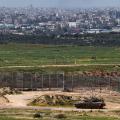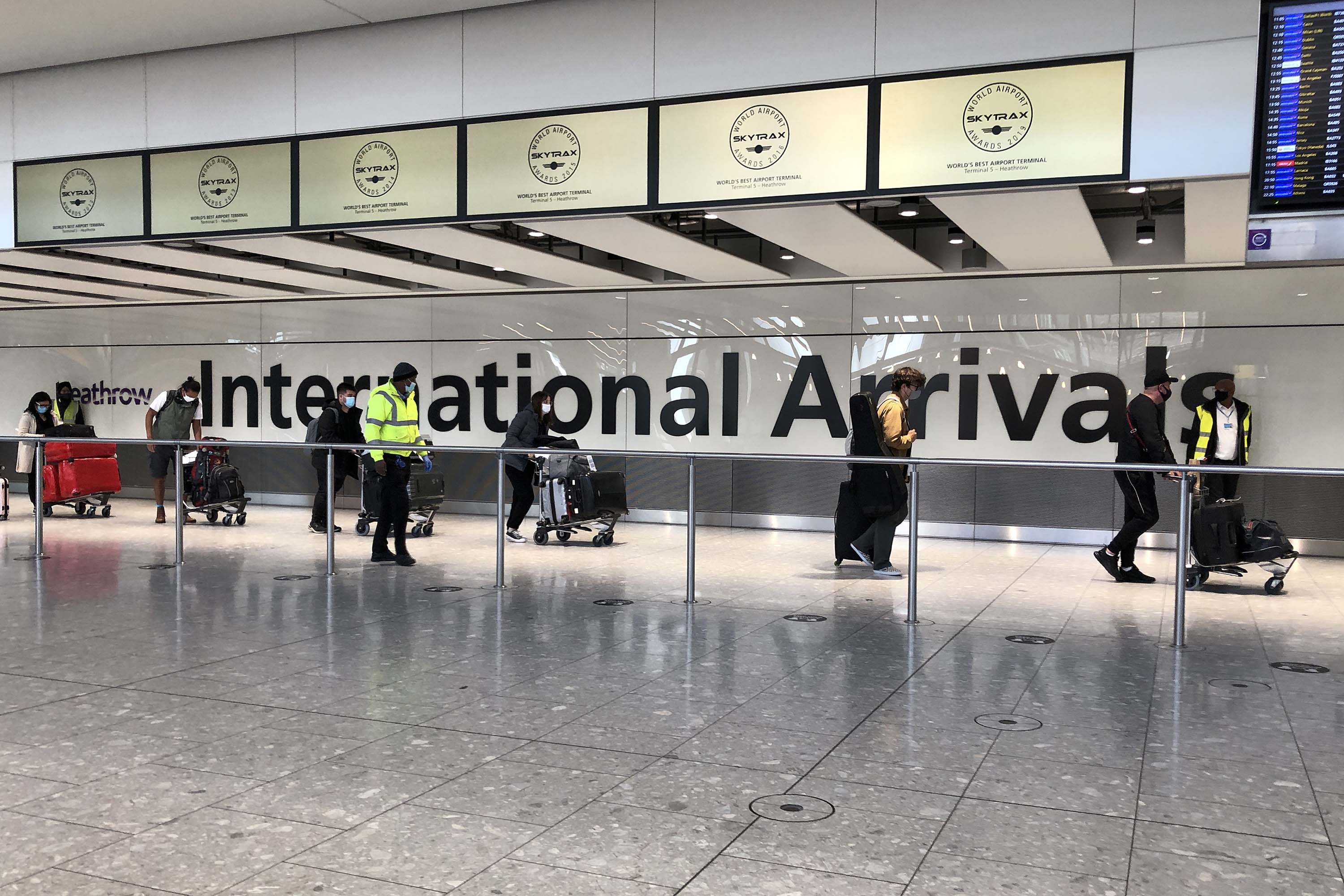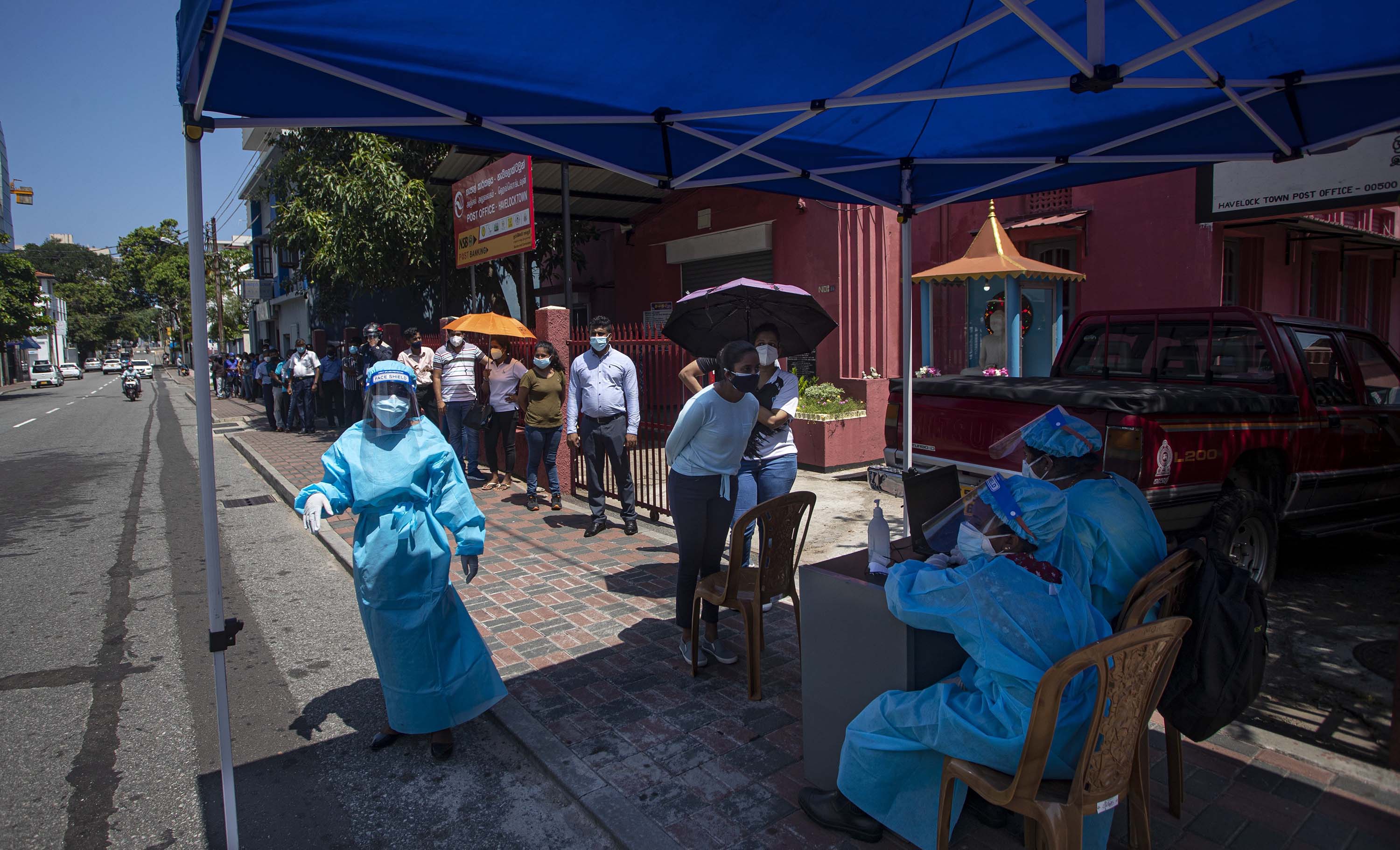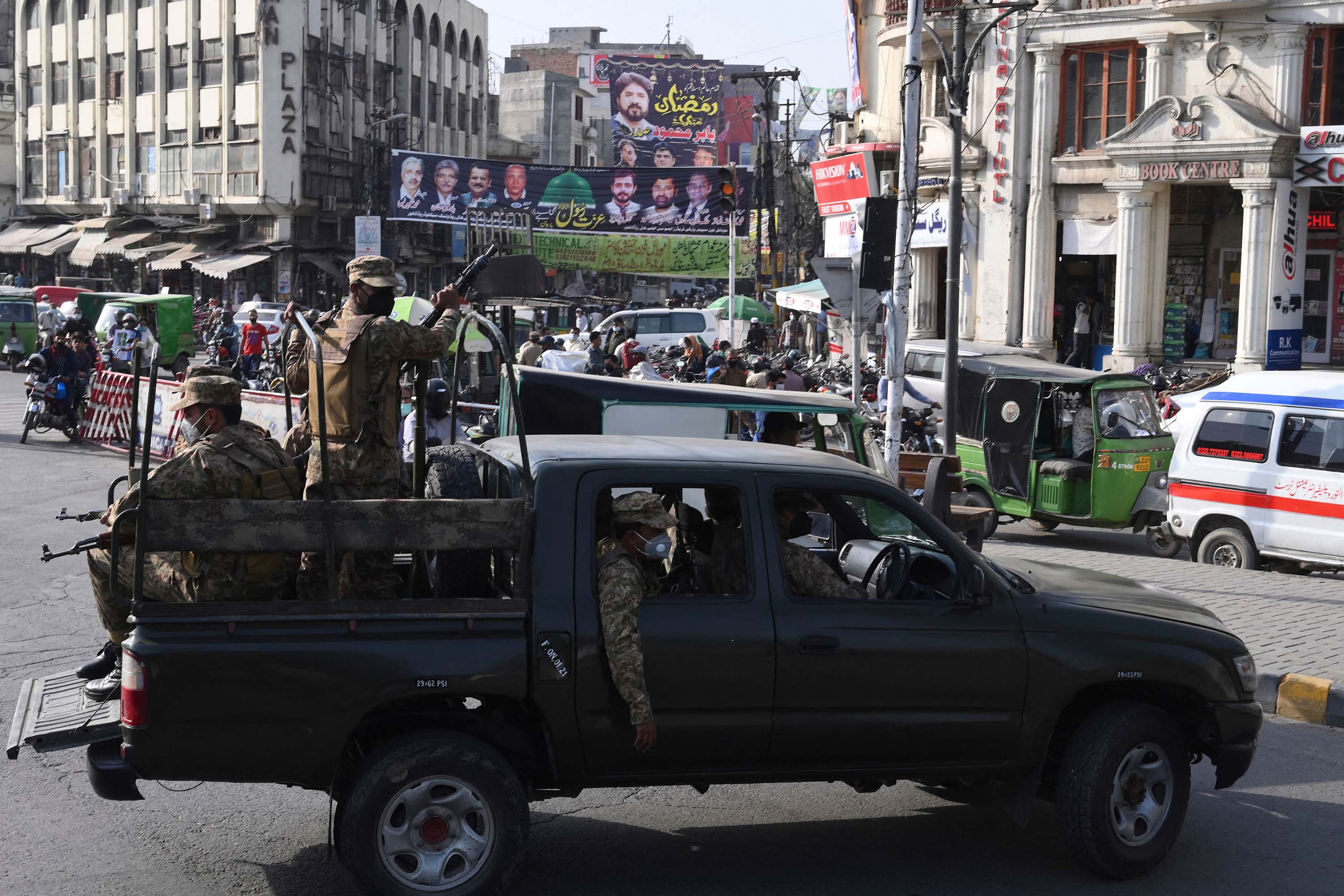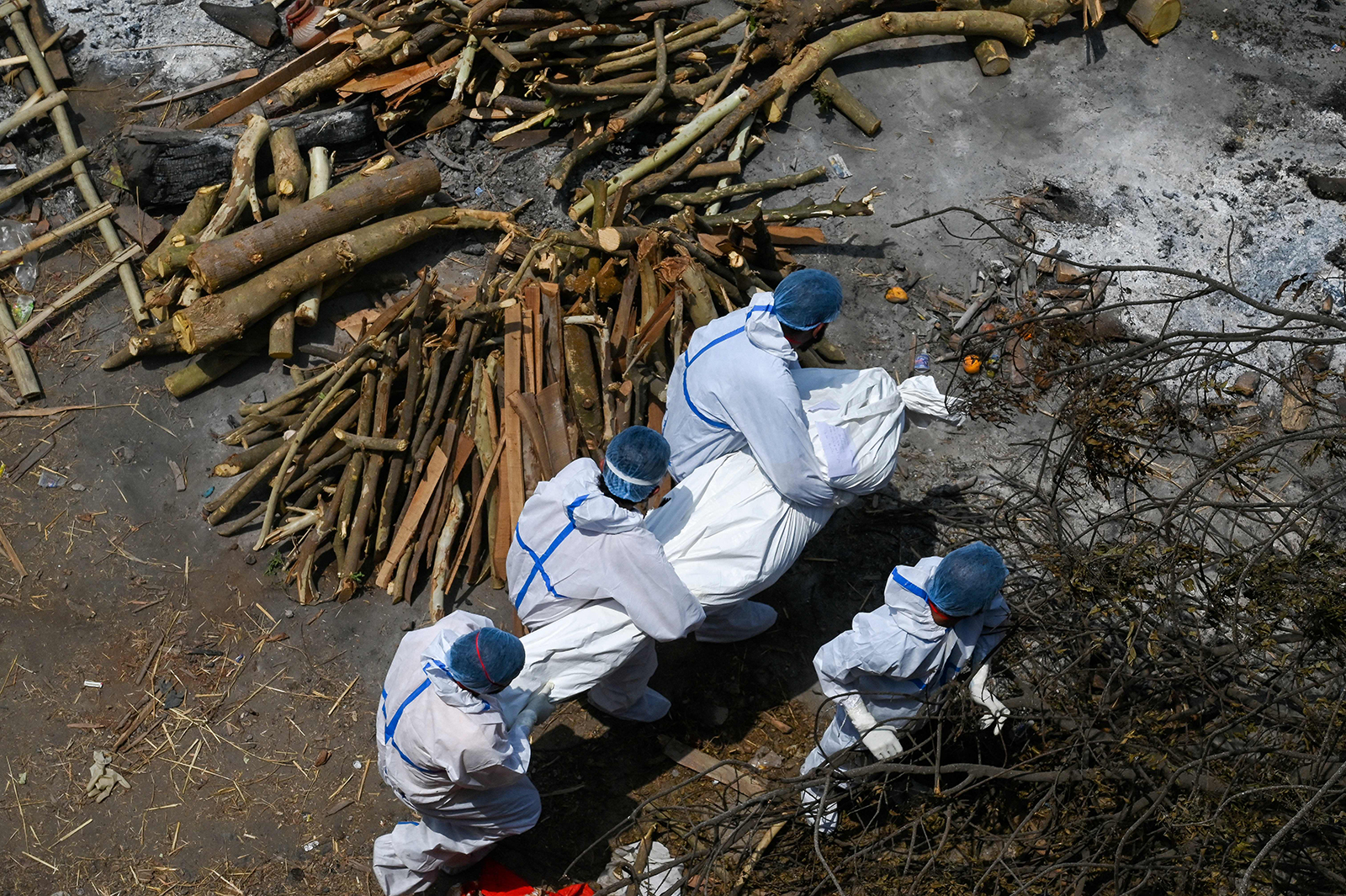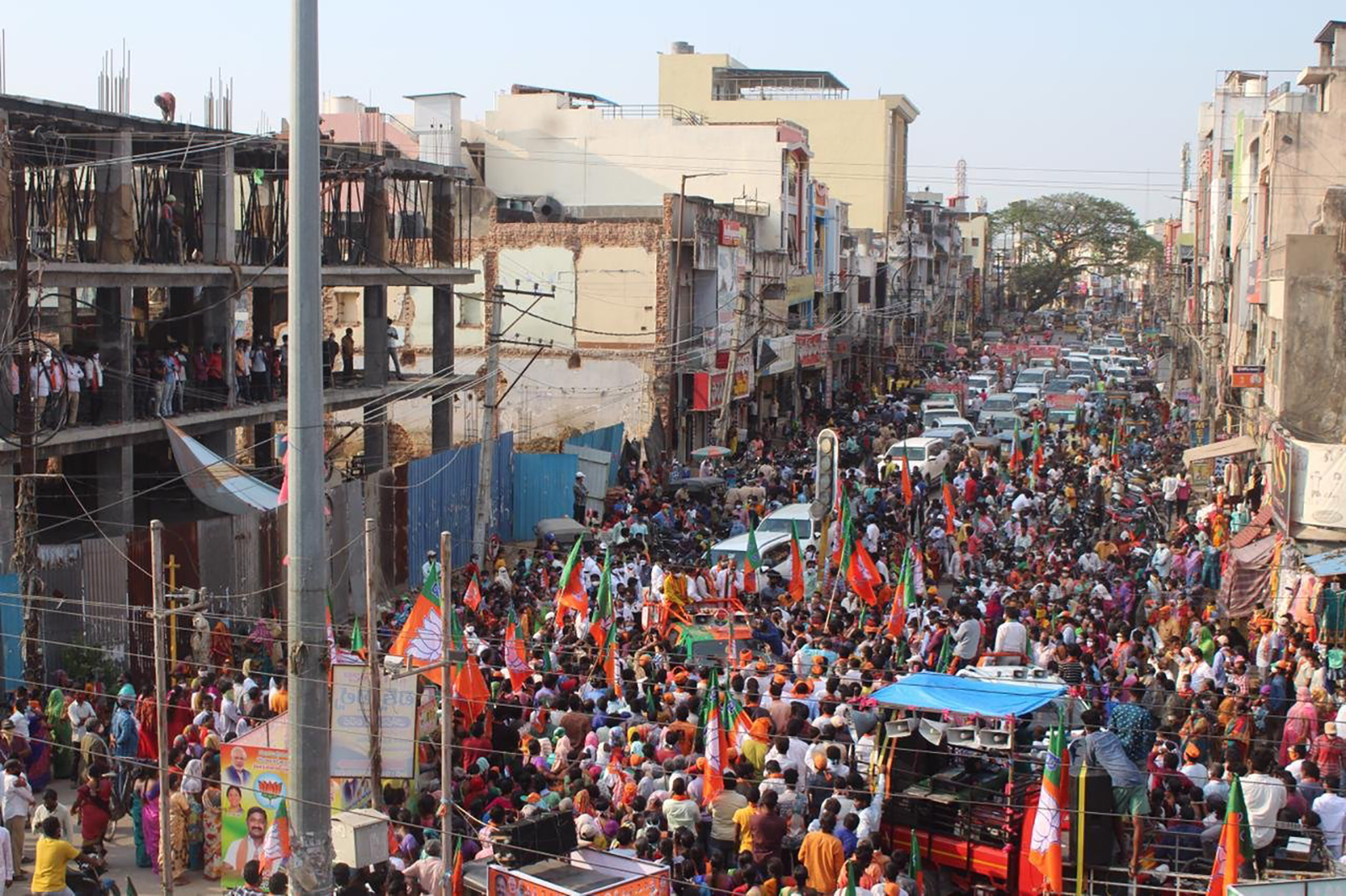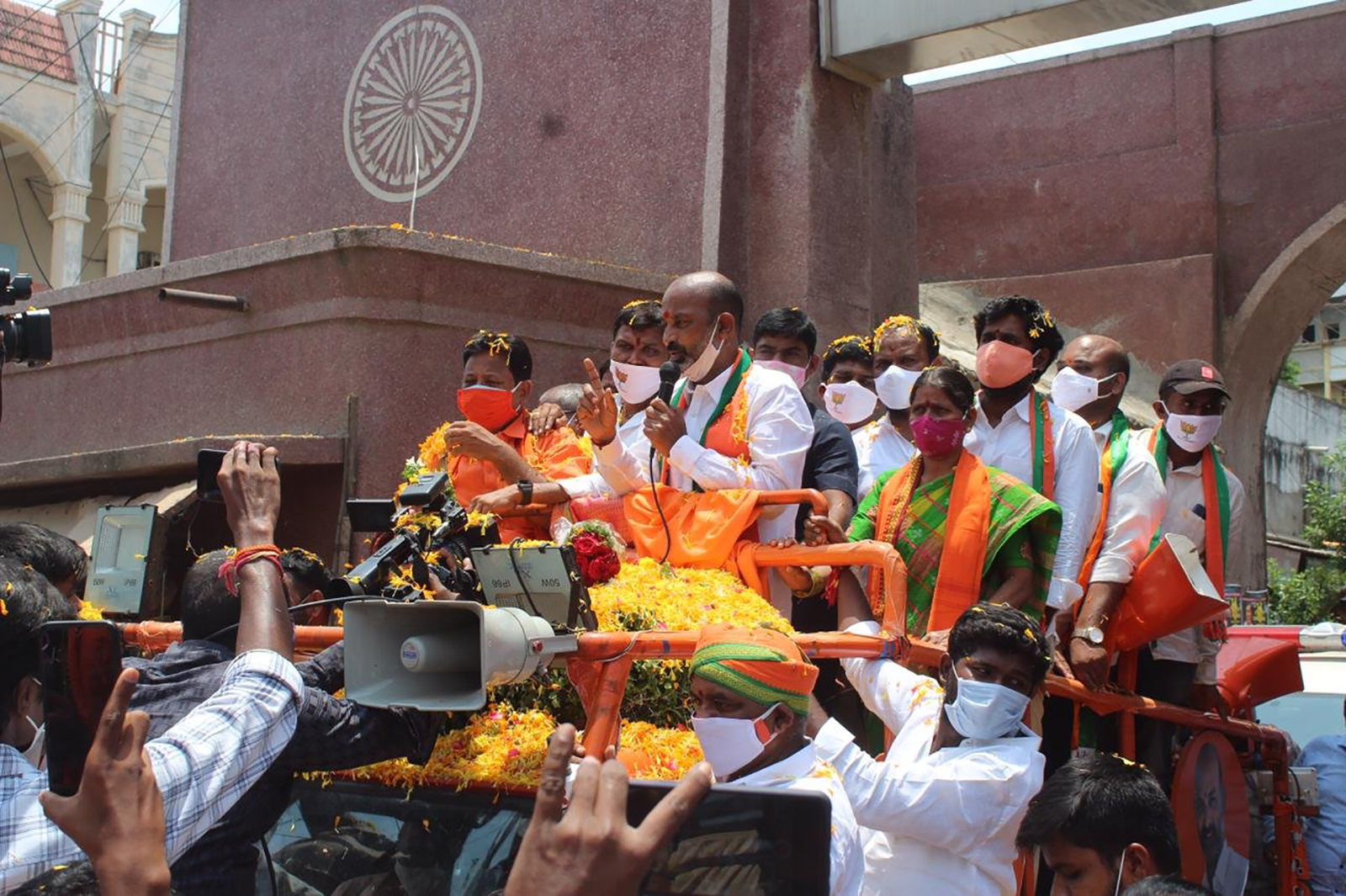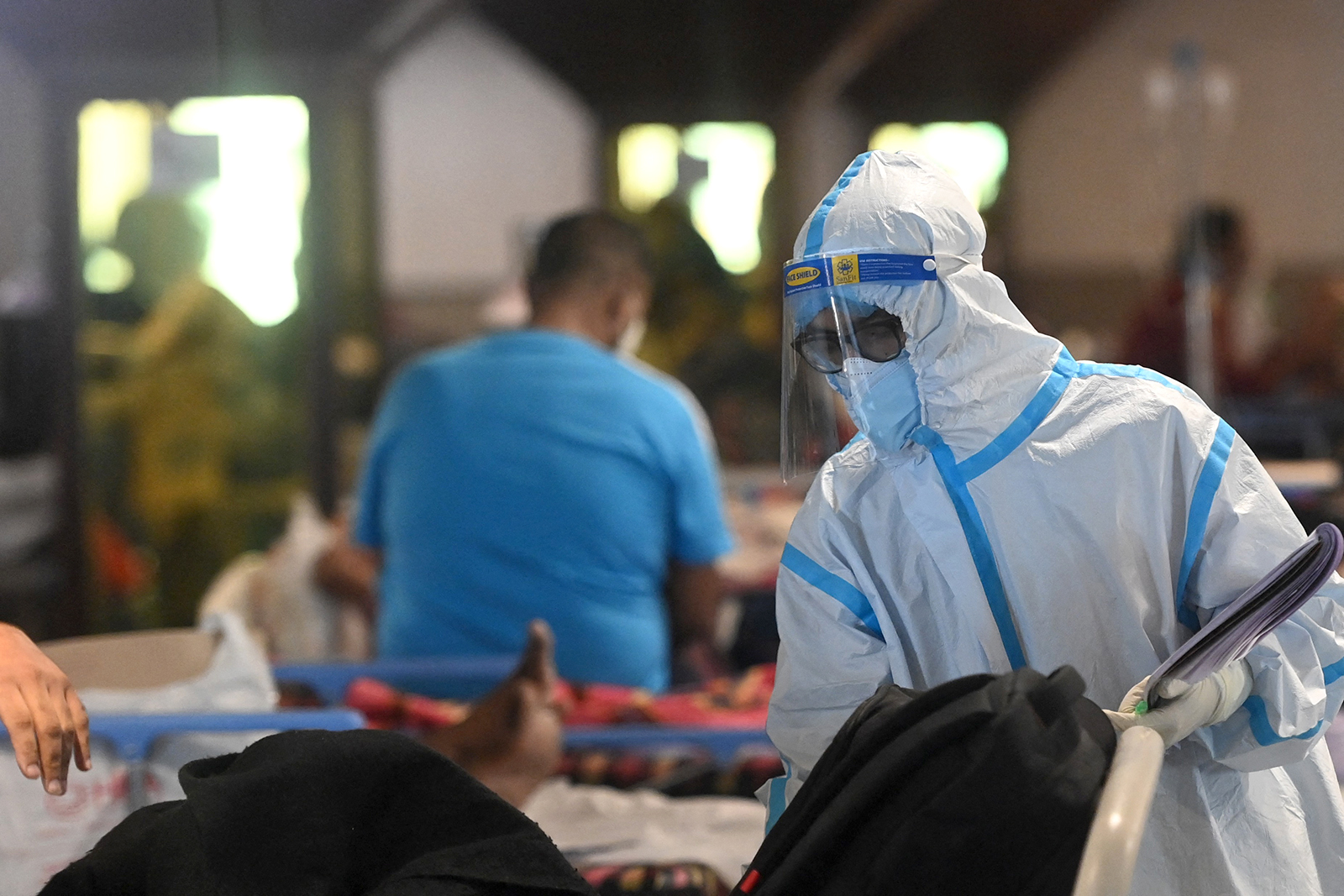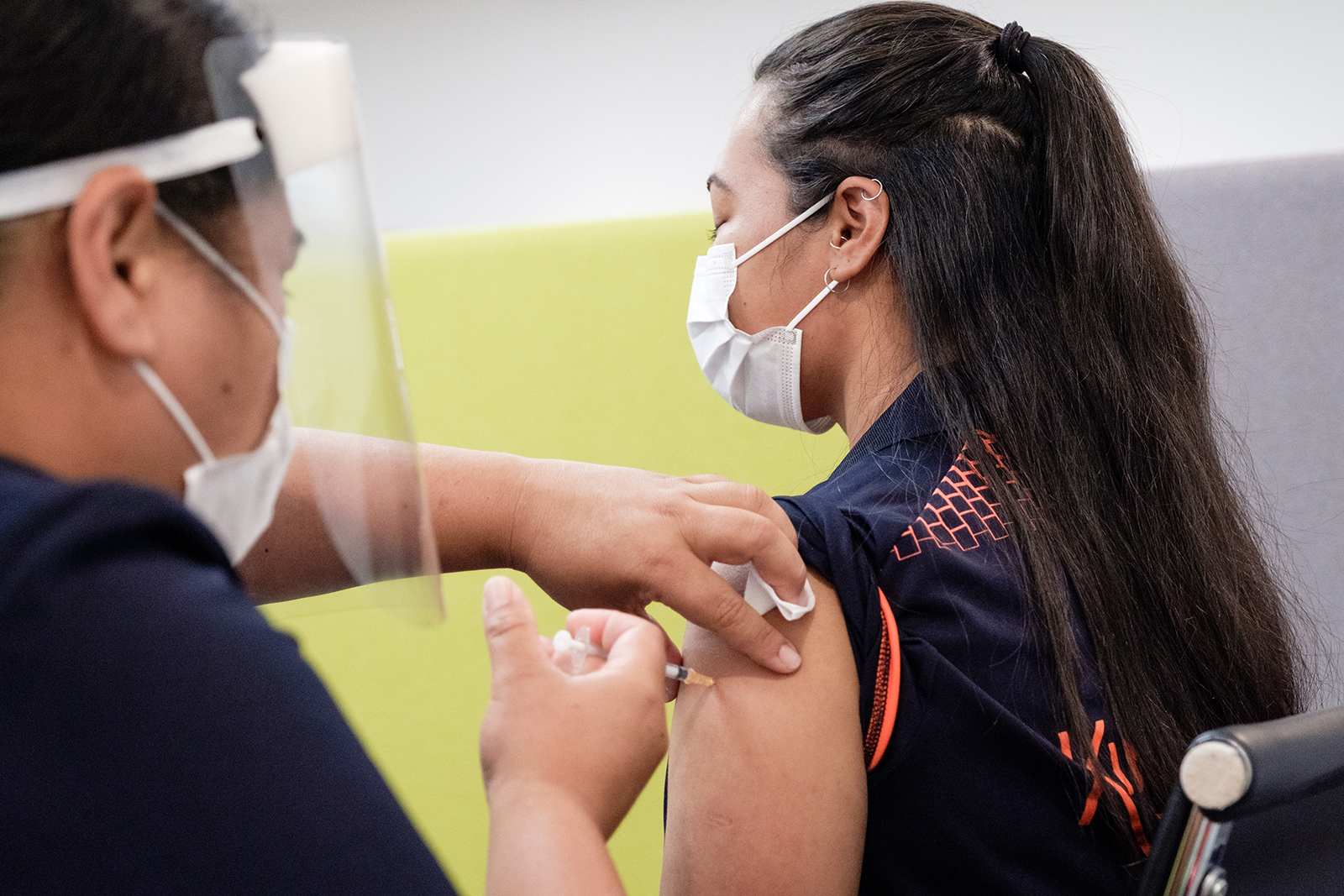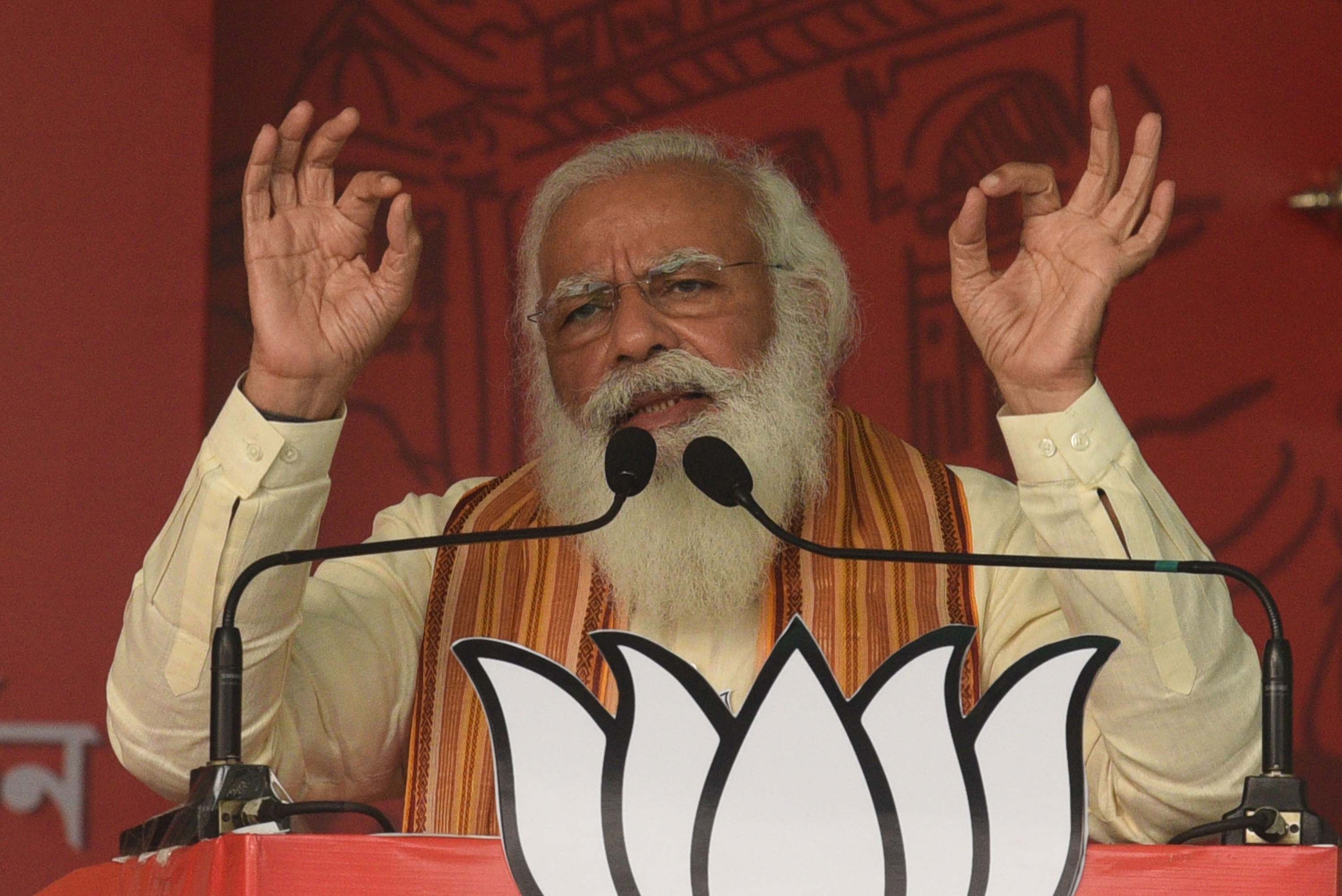
Indian Prime Minister Narendra Modi's aunt has become the latest casualty of the country’s devastating coronavirus outbreak.
Narmadaben Modi, died Tuesday after contracting Covid-19, according to the Press Trust of India (PTI) news agency, attributing family members.
The 80-year-old was undergoing treatment for the virus when she died in hospital, PTI said.
"Our aunt Narmadaben was admitted to the civil hospital some ten days ago after her condition deteriorated following coronavirus infection," said Modi's younger brother, Prahlad Modi, according to PTI. "She breathed her last at the hospital today," he added.
The prime minister, who has yet to publicly comment on his aunt's death, has been heavily criticized in recent weeks over his handling of India’s coronavirus crisis -- currently the world's worst outbreak.
Modi’s Bharatiya Janata Party (BJP) has continued to hold rallies for municipal elections in spite of surging coronavirus cases across India. Campaigning for municipal elections is underway in southern Telangana state, with images posted by the official BJP Telangana account on Monday showing crowds of people gathered at rallies in Greater Warangal Municipal Corporation -- with many of them not wearing masks or adhering to social distancing guidelines.
Earlier this month, the Indian government attempted to assuage criticism of Modi by asking social media networks including Twitter and Facebook to remove around 100 posts critical of Modi's Covid-19 response.
India’s coronavirus death toll has now surpassed 200,000 people after the country reported a further 3,293 deaths on Tuesday -- its highest daily death toll thus far.
A record 360,960 new cases were recorded by health authorities on Tuesday, making it the seventh consecutive day of more than 300,000 new cases being recorded.


